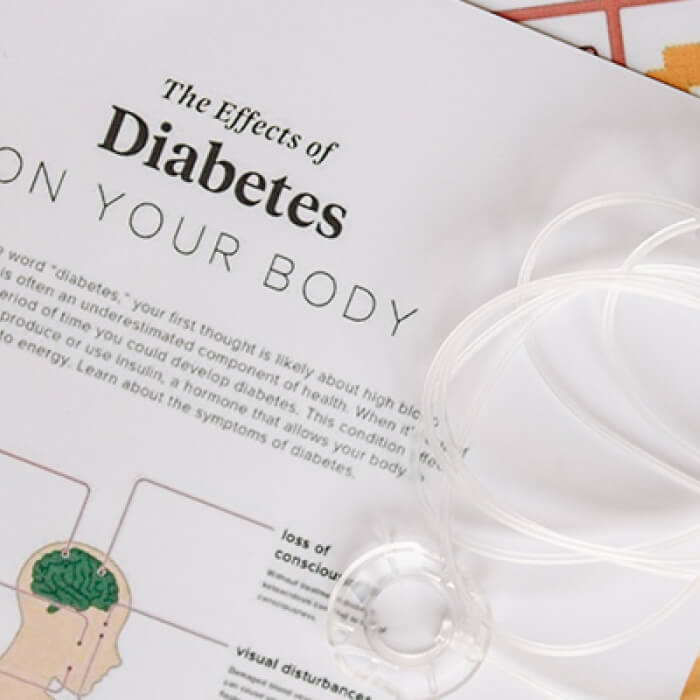Glucerna triple care
- Main Image
-

- Subtitle
- Complete and Balanced Nutrition For People with Diabetes
- Title
- Glucerna® Triple Care
- Detail Page Path
Tiredness, fatigue and lack of energy are not uncommon among people with diabetes. This may have a negative impact on the quality of life, and also affects the successful self-management of diabetes.
What causes fatigue? It can be due to various reasons – in people with diabetes, one of the likely causes is the spikes and dips in blood sugar levels. Good blood sugar control, which is fundamental to the management of diabetes, could therefore help to provide steady energy and reduce fatigue.
Research has shown that blood sugar levels tend to be the highest after breakfast, as compared to other meals. So it is important to start your day with the right breakfast choice. Go for a healthy option which has a low Glycemic Index. Glycemic index, or GI, is a ranking of carbohydrates on a scale of 0 to 100 according to the extent to which they raise blood sugar levels after eating. Examples of low GI breakfast items include rolled oats, tuna bun and wholegrain cereals.
It also helps for you to take a more active role in understanding diabetes, so that you learn to manage it well and keep your blood glucose levels as close to normal as possible. A blood glucose monitor is a useful tool to help determine patterns of blood glucose control. Consult your healthcare provider on how often you should check your blood glucose, and keep track of the results. Share the record with your healthcare provider and get their guidance on whether you need to make changes to your diet, exercise or medication.
HbA1c is a measurement of average blood sugar over the past 2 to 3 months. It is measured as a percentage and for most people with diabetes, the level should ideally be 7.0% or below.
In general, people with diabetes should aim for a blood sugar level of between 4.0 – 7.0mmol/l before meals, and not more than 10 mmol/l two hours after a meal.
Check with your doctor to find out your individualised targets for blood sugar control.
Stay energised through better management of your blood glucose today!
SG.2022.29988.GLU.1 (V1.1)

Unlike the flu or an episode of fever, diabetes does not go away. Every food choice matters. Learn about mindful eating to be prepared for the long run.

Your every food choice matters. With the food environment around you evolving daily, are you still getting your diet foundation right?

Diabetes burnout is a natural and rational response to living with the demanding, long-term condition of diabetes.

Are you finding it difficult to cope with diabetes burnout? Find out how to be in control of your Type 2 Diabetes.
You are about to exit for another Abbott country or region specific website.
Please be aware that the website you have requested is intended for the residents of a particular country or region, as noted on that site. As a result, the site may contain information on pharmaceuticals, medical devices and other products or uses of those products that are not approved in other countries or regions.
The website you have requested also may not be optimized for your specific screen size.
Do you wish to continue and exit this website?